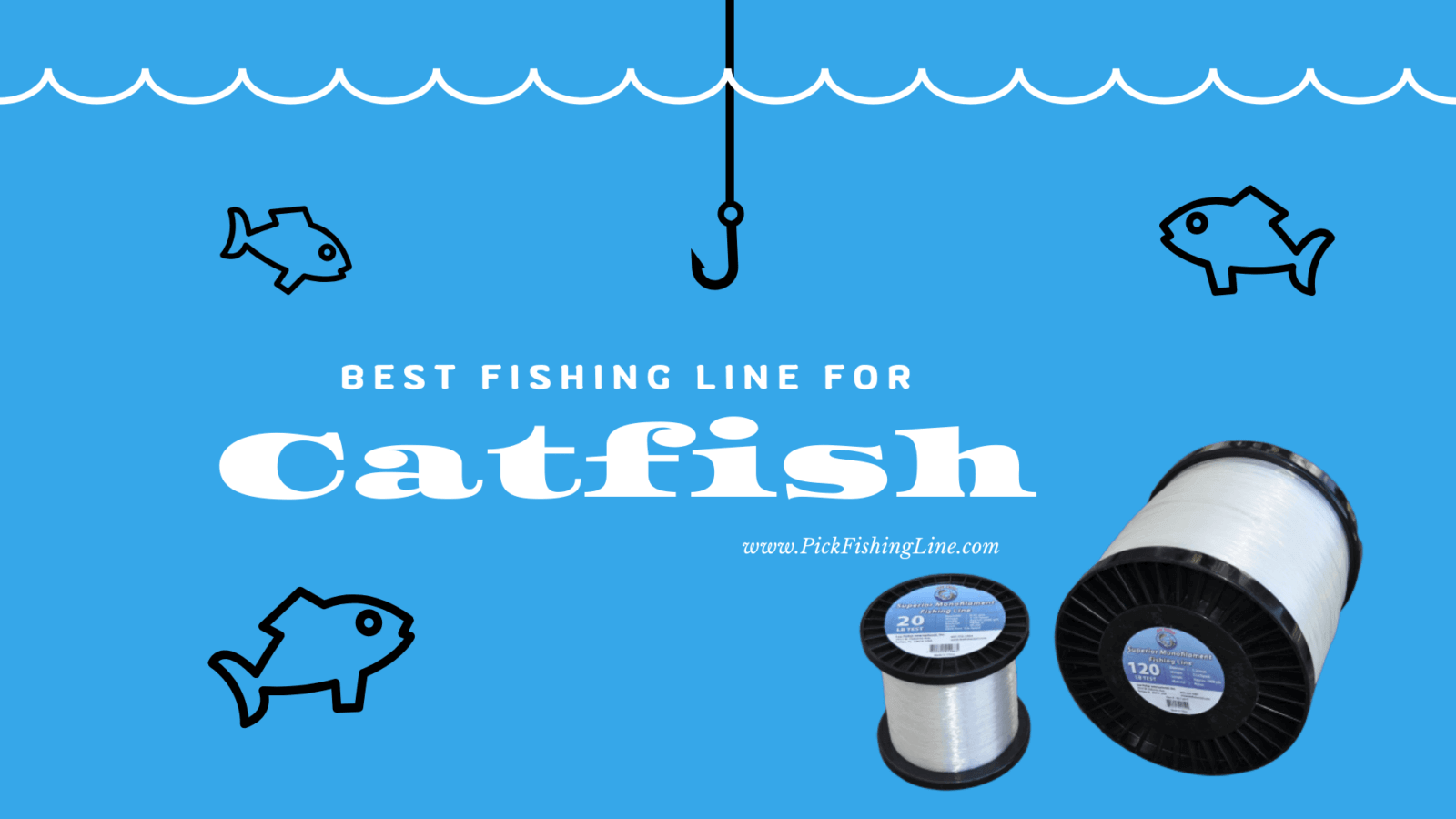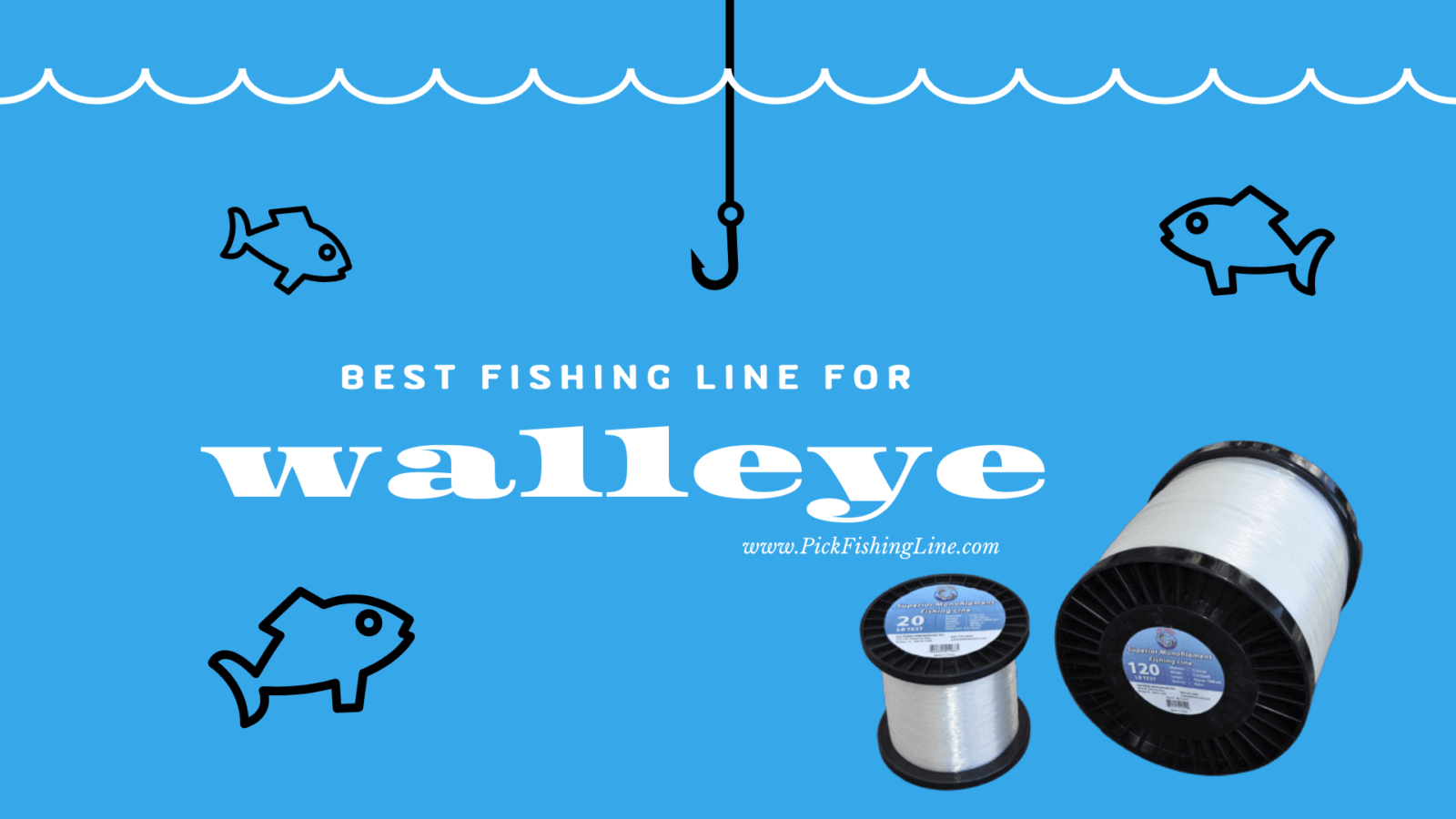Fanqianglu.com serves as a vital resource for individuals seeking to navigate the complexities of internet freedom. In a world where digital access can be restricted, understanding how to connect freely is essential. Visitors can explore various methods to enhance their online experience, ensuring they can access information without barriers. The site aims to provide clarity on the importance of internet freedom and the impact it has on communication, education, and personal expression.
By shedding light on the significance of unrestricted access, Fanqianglu.com highlights the challenges many face in different parts of the world. Knowledge of internet freedom empowers users to make informed decisions regarding their online activities. The content encourages readers to think critically about their digital environment, fostering a sense of agency in navigating the internet. Ultimately, the site is dedicated to promoting awareness and understanding of the vital role that internet freedom plays in our daily lives.
Significance of Internet Freedom
The ability to access information freely online plays a critical role in shaping societies. Internet freedom allows individuals to seek knowledge, express opinions, and share ideas without barriers. This openness fosters innovation and creativity, enabling communities to thrive. When people can access the internet without restrictions, they can engage in meaningful discussions and participate in global dialogues. Internet freedom is not just a privilege; it is a fundamental human right that supports democracy and promotes social progress.
Impact on Communication
Internet freedom greatly enhances communication among people worldwide. With unrestricted access, individuals can connect instantly with others, regardless of geographic barriers. This connectivity allows for the sharing of diverse perspectives and experiences, enriching conversations. Social media platforms, messaging apps, and video calls have become essential tools for personal and professional interactions. When communication flows freely, collaboration and understanding flourish.
Effects on Education Access
Access to the internet opens doors for educational opportunities that were previously unavailable. Students can tap into a vast pool of resources, from online courses to research materials. This access breaks down traditional barriers to learning, making education more inclusive. However, not everyone benefits equally, as some face obstacles that limit their ability to access information.
Digital Learning Opportunities
Online learning platforms offer a range of courses that cater to various interests and skill levels. Students can learn at their own pace and explore subjects that intrigue them. This flexibility encourages lifelong learning, empowering individuals to pursue knowledge beyond the classroom. The availability of digital resources enables learners from different backgrounds to enhance their skills and improve their future prospects.
Barriers to Educational Resources
Despite the advantages of online education, many individuals encounter barriers that hinder their access to information. These barriers may include lack of internet connectivity, high costs of devices, or restrictive government policies. In some regions, censorship limits what can be accessed, stifling educational growth. Identifying and addressing these obstacles is essential for ensuring that everyone can benefit from the wealth of resources available online.
Personal Expression and Creativity
Internet freedom allows individuals to express their thoughts, ideas, and creativity without fear of censorship. Artists, writers, and creators can share their work with a global audience, fostering a vibrant culture of collaboration and inspiration. This platform for self-expression encourages the development of new ideas and artistic movements. When individuals feel free to voice their opinions, societies become more dynamic and diverse.
Challenges Faced Worldwide
While internet freedom is crucial, many regions face significant challenges that restrict access. Governments may impose strict regulations that limit what can be shared or accessed online. These challenges can lead to a lack of awareness about important issues and hinder social progress. Understanding these global challenges is vital to advocating for a more open internet.
Case Studies of Restricted Access
Numerous case studies illustrate the impact of restricted internet access. In some countries, governments have shut down internet services during protests to suppress dissent. In others, heavy censorship prevents citizens from accessing critical information. These examples highlight the urgent need for advocacy and action to promote internet freedom worldwide.
Regions with Limited Internet Freedom
Several regions struggle with limited internet freedom, where access is heavily controlled. Countries may implement firewalls to block specific websites, limiting the flow of information. Citizens in these regions often face challenges in accessing social media and independent news sources. Understanding the specific barriers faced in these areas is essential for addressing the broader issue of internet freedom.
Empowering Users with Knowledge
Knowledge is power, and empowering users with information about their rights is crucial for defending internet freedom. Educating individuals about safe online practices and their rights to access information helps build a more informed populace. Workshops, community programs, and online resources can play a significant role in raising awareness and promoting digital literacy.
Strategies for Unrestricted Connectivity
To promote unrestricted connectivity, several strategies can be implemented. Advocacy for policy changes that support internet freedom is essential. Additionally, creating networks of support among communities can help individuals share resources and knowledge. Encouraging the development of alternative platforms that prioritize user privacy and freedom can also contribute to a more open internet. Each of these strategies plays a role in fostering an environment where everyone can access information freely.
Frequently Asked Questions
This section addresses common inquiries related to navigating internet freedom. Understanding these questions can help individuals gain insights into the complexities of online access, empowering them to make informed choices about their digital experiences.
What is internet freedom?
Internet freedom refers to the right of individuals to access and share information online without censorship or restrictions. It encompasses the ability to communicate freely, access diverse viewpoints, and engage in digital expression. Recognizing its importance is crucial for fostering open dialogue and promoting democratic values in an increasingly digital world.
Why is internet freedom important?
Internet freedom is vital for ensuring that individuals can express themselves, access education, and participate in global conversations. It influences societal development, innovation, and personal empowerment. Without it, many face barriers that limit their ability to communicate and learn, ultimately affecting their quality of life and opportunities for growth.
What challenges do users face regarding internet access?
Users often encounter censorship, surveillance, and restrictive laws that hinder their online experiences. These challenges can vary based on geographical location and political climate, impacting how individuals access information and communicate. Understanding these obstacles is essential for fostering a culture of internet freedom and advocating for users’ rights globally.
How can individuals enhance their online privacy?
Enhancing online privacy involves adopting practices such as using strong passwords, employing virtual private networks (VPNs), and being cautious with personal information shared online. These measures help protect against unauthorized access and surveillance, allowing individuals to navigate the internet with greater confidence and security, thereby promoting a safer online environment.
What role does education play in internet freedom?
Education is crucial for raising awareness about internet freedom and empowering individuals to navigate the digital landscape effectively. It equips users with the knowledge to understand their rights, recognize threats, and advocate for change. An informed user base can challenge restrictions and promote a more open and inclusive online ecosystem.
How can awareness of internet freedom impact society?
Increasing awareness of internet freedom can lead to greater advocacy for policy changes and social justice. When individuals understand the significance of unrestricted access, they are more likely to demand accountability from governments and organizations. This collective action can foster a more equitable digital environment, benefiting society as a whole.






